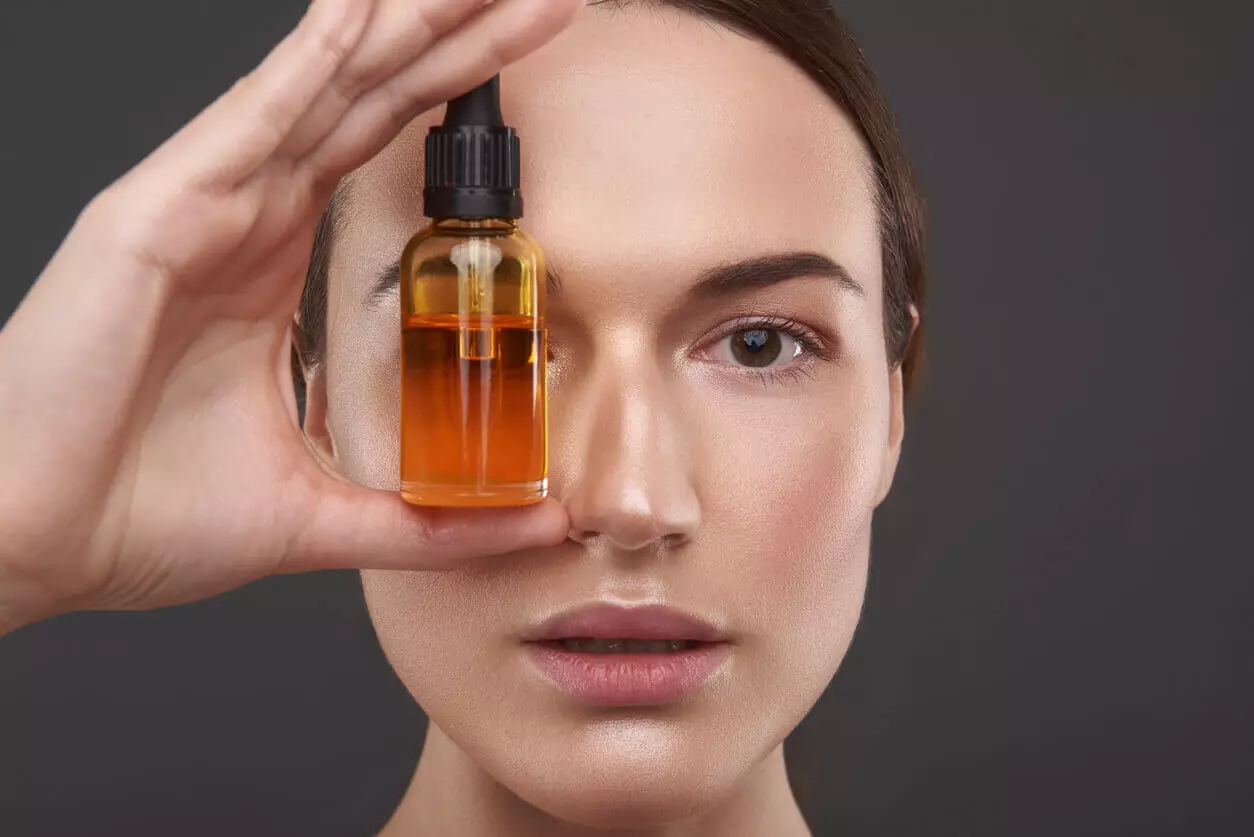The personalized skincare serum market is expected to grow significantly, with a valuation projected to reach USD 2,477.3 million by 2034, up from USD 650.9 million in 2024. This remarkable growth represents a compound annual growth rate (CAGR) of 14.3% over the next decade.
Key Drivers of the Personalized Skincare Serum Market
- AI and Machine Learning Integration: The use of AI technologies enables brands to formulate personalized products tailored to individual skin types and conditions, enhancing effectiveness and fostering brand loyalty.
- Consumer Demand for Natural Ingredients: Growing awareness of the potential risks associated with synthetic compounds drives consumers towards organic and safe ingredients, leading to increased demand for personalized skincare serums.
- Emergence of Epigenetic Skincare: This trend focuses on products that enhance skin health at the genetic level, appealing to consumers seeking innovative and long-lasting solutions for their skincare needs.
- Rise of Subscription Services: Subscription models provide convenience and ongoing product customization, improving customer retention and ensuring steady revenue streams for brands.
- Focus on Sustainability: Brands adopting sustainable practices, such as recycled packaging and ethically sourced ingredients, can attract environmentally conscious consumers, enhancing trust and loyalty.
Consumer Trends Towards Natural Ingredients
As awareness of the potential risks associated with synthetic compounds grows, consumers are increasingly gravitating towards organic and safe ingredients. Personalized skincare serums that utilize raw and organic materials are becoming essential for those prioritizing clean beauty. Brands that can communicate transparency and trustworthiness in their ingredient sourcing will likely excel in this competitive market.
Emerging Themes: Epigenetic Skincare and Subscription Services
Epigenetic skincare, focusing on gene expression and skin health, is gaining traction. Products designed to enhance cellular repair and resilience are becoming popular among consumers seeking long-term solutions.
Additionally, subscription services for personalized skincare are on the rise, offering convenience and tailored product adjustments based on ongoing evaluations. This model not only enhances customer retention but also provides brands with stable revenue streams.
Competitive Landscape
The personalized skincare serum market includes established brands like SkinCeuticals and Clinique iD, known for their extensive reach and strong credibility. New entrants such as Curology and Proven Skincare are disrupting the landscape with tech-driven direct-to-consumer models and customized solutions.
Niche brands like Skin Inc. and Atolla cater to specific segments, with Skin Inc. targeting the mid-to-premium market and Atolla positioned as a luxury option. Disruptors like Function of Beauty and Y’OUR Skincare further innovate by offering personalized products alongside subscription services, enhancing consumer engagement and convenience.
Recent Developments
- In May 2024, Idunn’s Apple launched AGELESS™, a novel technology that is a unique combination of AI with epigenetic algorithms. It allows personalizing the ingredients of skincare products starting from the database containing over two hundred thousand indexed ingredients. The database also has twenty thousand brand products and other vast epigenetic skin quality test data to create over a thousand types of combinations of serums, creams, lotions, and cleansers.
- In January 2024, And Begin, a new personalized skincare brand launched a new service of midlife skin. The brand aims to “champion midlife women whilst perfectly meeting their skincare needs” with on-demand dermatology consultations.
Key Players in the Personalized Skincare Serum Industry
- Curology
- SkinCeuticals
- Proven
- Skinsei
- Yours
- Atolla
- Apostrophe
- Function of Beauty
- MixNature
- SkinKraft
- Bambu Earth
- MDacne
- Belle Bar Organic
- Savor Beauty
- Skin Inc.
Get Strategic Guidance from Our Analyst Contact us on: +1-347-918-3531
Segmentation Analysis
By Product Type:
The industry is segmented into Anti-Aging Serum, Skin Whitening Serum, Anti-Ace Serum, Glowing Skin Serum, Anti-Blemish Serum, and Others.
By Formulation:
The sector is classified into Oil, Gel, Emulsion, and Others.
By Skin Type:
The industry trifurcates into Dry, Sensitive, and Oily.
By Sales Channel:
The sector is segregated into Supermarkets/Hypermarkets, Department Stores, Beauty Retailers, Specialty Stores, Online Retailers, and Others.
By Region:
Analysis of the market has been conducted in the countries of North America, Latin America, Europe, East Asia, South Asia & Pacific, Middle East & Africa (MEA).
About Future Market Insights (FMI)
Future Market Insights, Inc. (ESOMAR certified, recipient of the Stevie Award, and a member of the Greater New York Chamber of Commerce) offers profound insights into the driving factors that are boosting demand in the market. FMI stands as the leading global provider of market intelligence, advisory services, consulting, and events for the Packaging, Food and Beverage, Consumer Technology, Healthcare, Industrial, and Chemicals markets. With a vast team of over 400 analysts worldwide, FMI provides global, regional, and local expertise on diverse domains and industry trends across more than 110 countries.
Contact Us:
Future Market Insights Inc.
Christiana Corporate, 200 Continental Drive,
Suite 401, Newark, Delaware – 19713, USA
T: +1-347-918-3531
For Sales Enquiries: sales@futuremarketinsights.com
Website: https://www.futuremarketinsights.com
LinkedIn| Twitter| Blogs | YouTube
